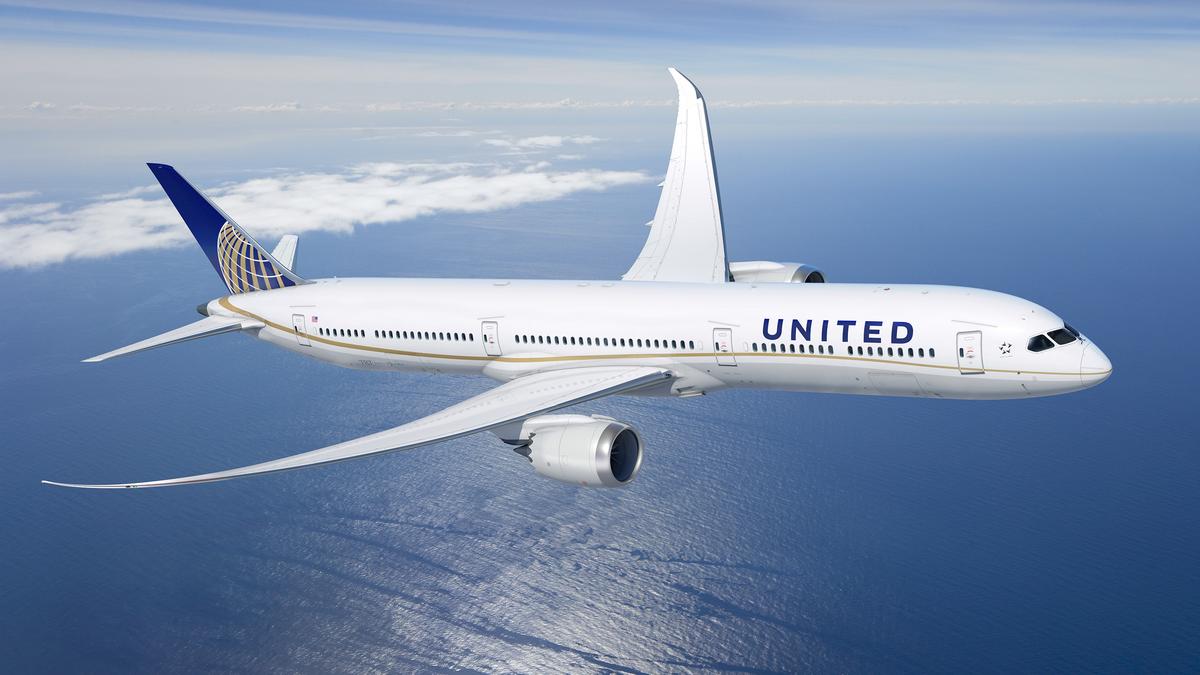United Airlines Plans to sell and lease back its fleet of Airplane to limit coronavirus financial damage

The airline industry is one of the most hit industries in the coronavirus pandemic. As a result of the pandemic and lockdowns spread across the world, many airline companies had to forcefully shut down temporarily or run far below their expectations. Since the start of the coronavirus pandemic in the United States, the US airline industry has experienced a drop of 70% of its stock value. A lot of airline companies have had to re-strategize their business plans for the Q2 and the rest of the year. Amongst those airline companies is United Airlines. In the first two weeks of April, United Airlines had a record of flying below 200,000, about 97% drop from the 6 million people it flew around the same time in 2019.
Earlier, United Airlines Holdings Inc. (UAL) said it will sell and lease back 22 of its airplanes to Bank of China (BOC) Aviation, though the amount was undisclosed. According to a Bank of China Aviation statement on Sunday the agreement comprises of 16 Boeing 737-9 MAX and 6 Boeing 787-9 aircraft. The terms and transactions of the deal also stated that the planes will be leased back to United Airlines on long-term agreements. Final conclusions on the deal would be made within the year.
It is no news that the driving force for the deal is the coronavirus pandemic. However, this is one move that would help United Airlines conserve cash and create greater flexibility in its balance sheet. Last week, United Airlines CEO, Oscar Munoz said that the business was underperforming and had basically dropped to zero. It would only be a matter of time before other airline companies begin to either sell their airplanes to other airline companies or airline leasing firms.
United Airlines also announced that it would receive nearly $5 billion from the US federal government to be used as employee paycheck support. It said that there would be no forced furloughs or pay rate cuts for employees until at least September 30, 2020. Within the same week, the airline company announced that it had cut its May flight schedule by 90%, and intends to do the same in June.
“We expect to fly fewer people during the entire month of May than we did in a single day in May 2019,” Munoz said in a note to its employees.
On Friday, airline shares traded up 3.1% to close at $29.08. Considering the extremely week performance of domestic and international travels, many analysts have since lowered their expectations of the company. Stephen Trent, Citigroup analyst, lowered the US airline price target for April to $51 from $87, yet maintained a Buy rating on the shares. Trent is expectant that the capacity of airlines in the second quarter would be down 75% year-over-year.
Wall Street analysts have also declared a Moderate Buy consensus rating for United Airlines comprising 6 Buys and 7 Holds. They have placed an average price target of $76.22, which suggests 162% upside potential in the next 12 months if the target is met.


Be the first to comment!
You must login to comment